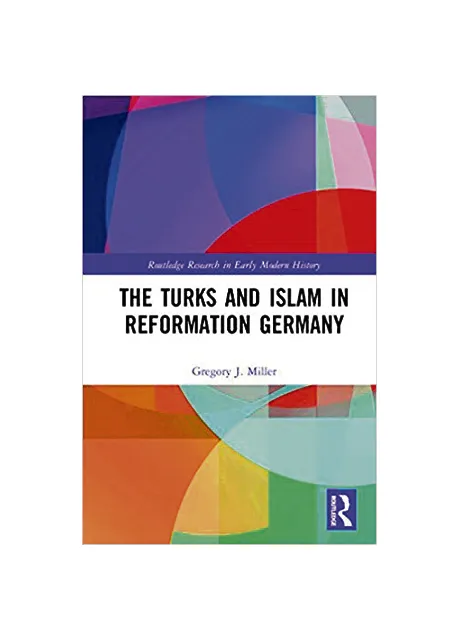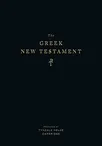THE TURKS AND ISLAM IN REFORMATION
GERMANY
By Gregory J. Miller
Routledge. 268 pages. £72.90
ISBN 978 1 138 300 231
When people think of the Reformation, the religious spheres usually consist of Roman Catholicism and Protestantism – for obvious reasons. In terms of politics, they may consider the Elector of Saxony, the Holy Roman Emperor, or Henry VIII. Only marginally – if at all – do they think of Islam. This book, however, shows that Germans during the Reformation period were greatly concerned with Islam and the Ottoman threat.
Two points need to be borne in mind. Firstly, the word ‘Turk’ was mainly used as a synonym for ‘Muslim’, rather than in an ethnic sense. The Ottoman Empire was the State of Islam. Secondly, interest in Islam was informed by ‘A series of European campaigns… including the siege of Vienna (1529) and the direct annexation of most of Hungary (1541), brought the Muslims to the very door of Central Europe’ (p.29). Also, there were ‘Captivity Narratives’, written by former Western slaves in the Ottoman domains: ‘These ex-slaves wrote with authority … They had spent long years inside Turkey…’ (p.1). So the European experience of Islam at the time of the Reformation was of an aggressive power that captured and enslaved non-Muslims – a cross between the USSR and the recent Islamic State.







